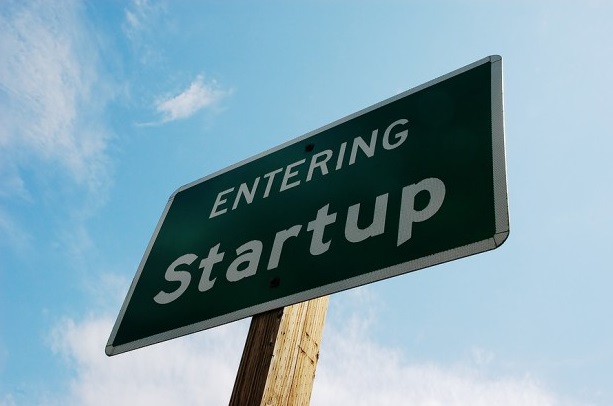Law & Technology

Welcome to the beating heart of Start-Up Nation! Do you have a memory stick? Flash memory was invented a few buildings away from our law school, at the Faculty of Engineering at TAU. Do you use online banking? Your bank probably uses a firewall invented in Israel. Does your car have MobilEye installed? That too, was developed nearby, in Jerusalem. There is a reason why Google, Facebook, Amazon, IBM, Intel, HP and other global hi-tech companies have established research centers in Israel. We are in the midst of an information revolution, with Big Data, Artificial Intelligence, the Internet of Things, and a mobile revolution converging. Our Law & Technology track focuses on the interface of law and technology. The track offers courses on Intellectual Property (IP), cyber and information law, and other related issues.
The professors and courses refer to the current academic year courses are subject to change every year.
For course information, please check here.

